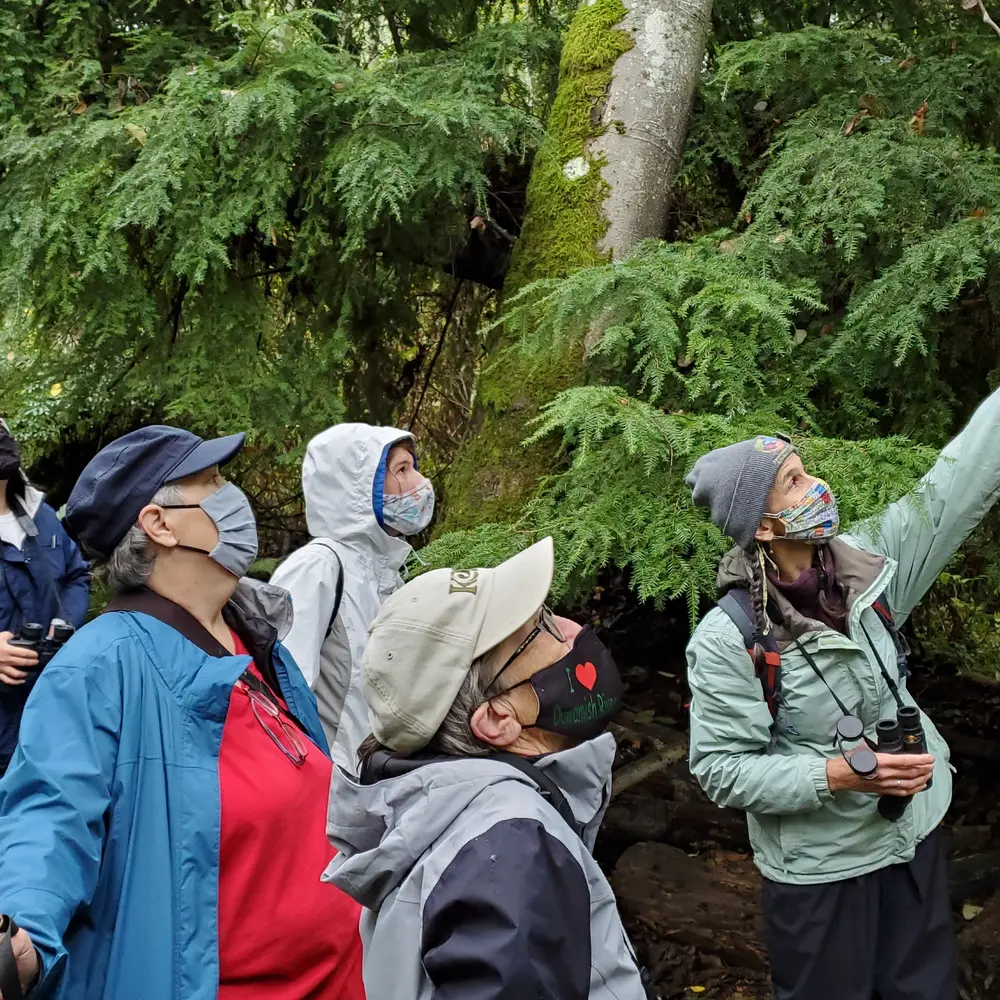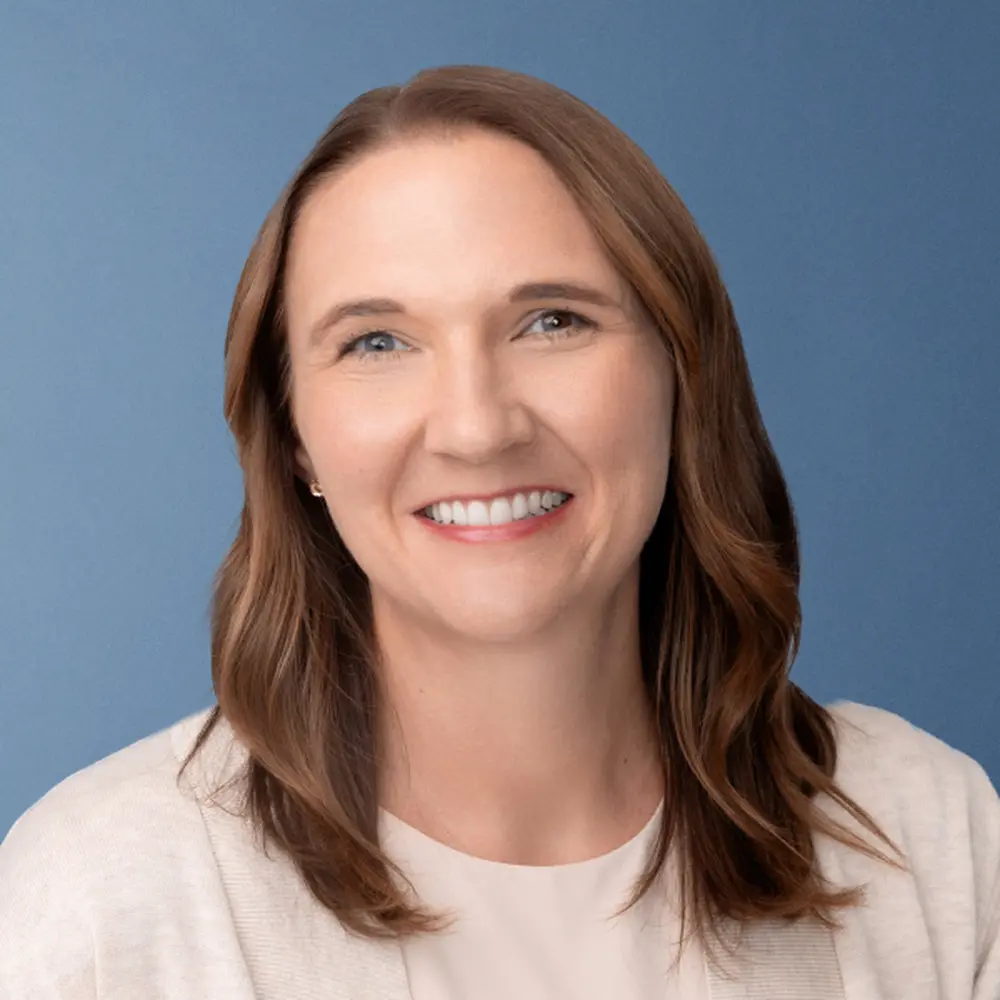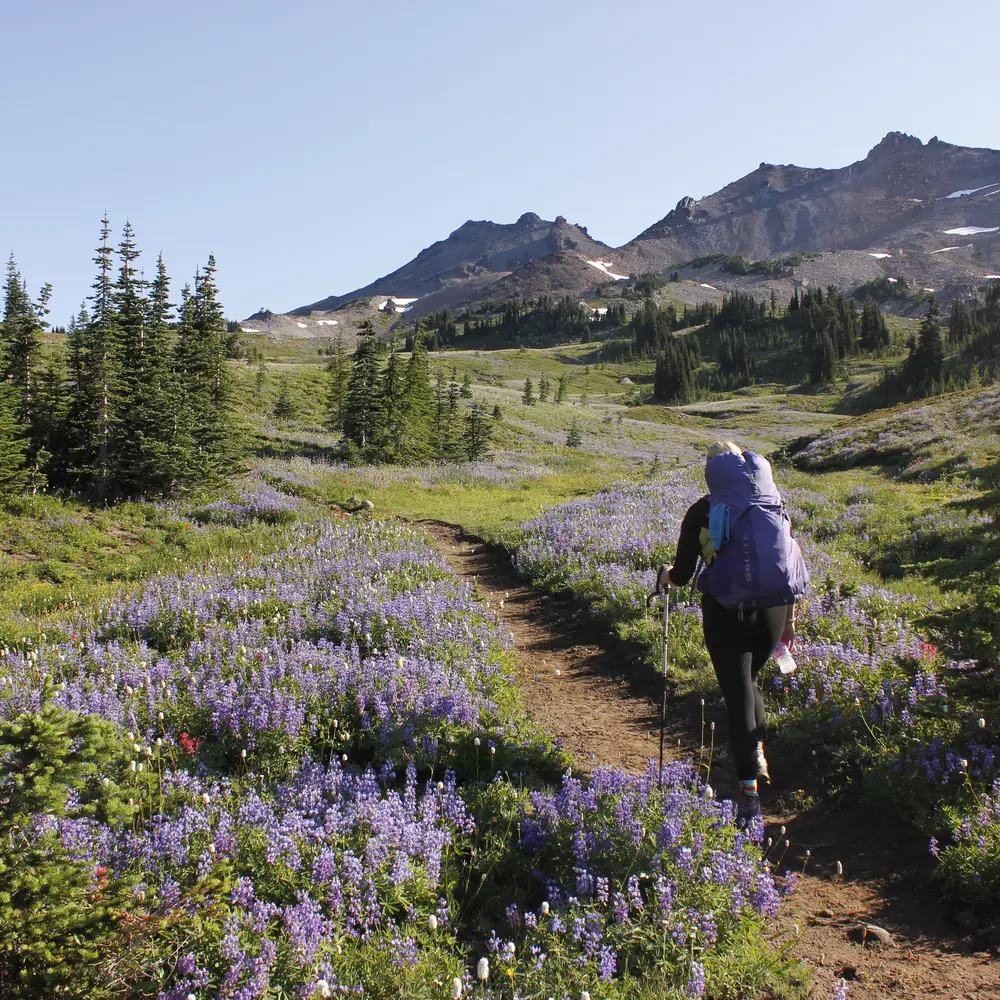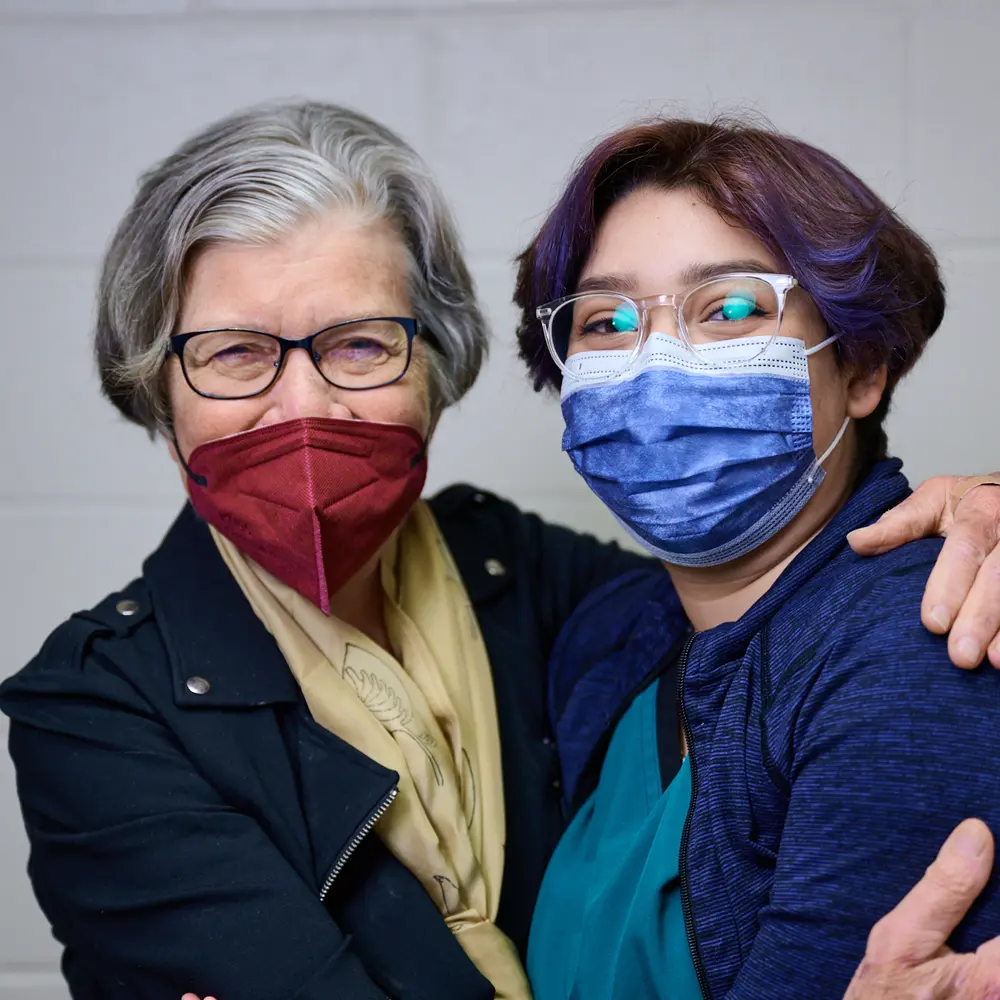As we announced in recent updates, the Murdock Trust is undergoing a sectoral redesign. While we will continue to refine this work through seeking feedback from diverse interest-holders and experts, we are pleased that after months of constituent input and strategic planning, we can share the initial vision and strategy for our five updated sectors. This redesign and the resulting sectoral model do not change the types of organizations we support; they simply recategorize and focus our efforts so that each grant can be better understood as part of the ecosystem in which its ripple effects will be most felt.
This five-part Sector Strategy Blog Series is a chance for each sector’s lead to introduce their vision. See the other blogs in the series here: Artistic & Cultural Expression; Civic Engagement & Community Services; Education & Leadership Development; and Scientific Research.
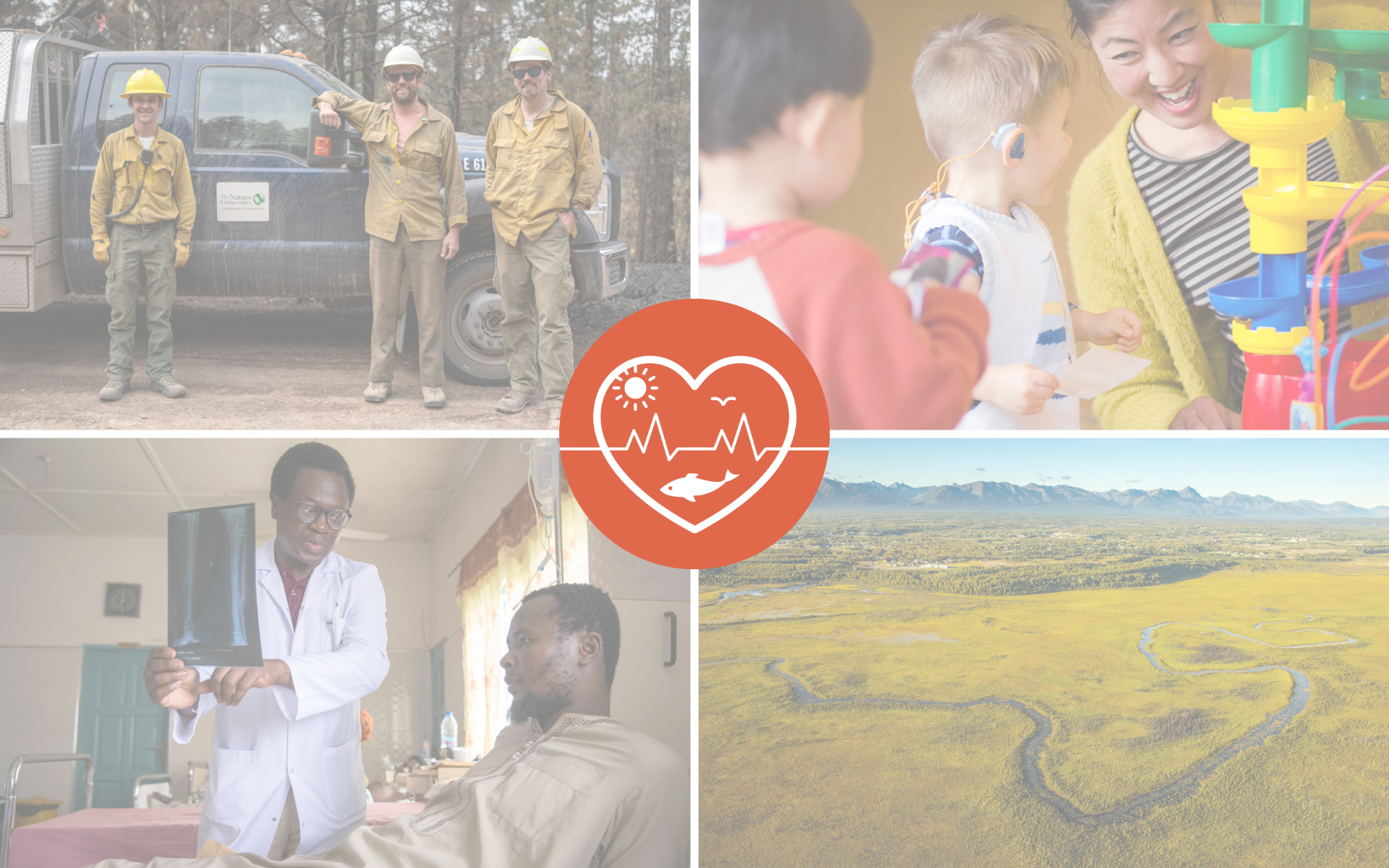
Written by Jill Lemke, Vice President, Grants Management & Training; Senior Director, Health & Environmental Stewardship
From the quality of their local healthcare options to the health of the soil that grows their food, humans are impacted by the places they live and the resources they can access. Our founder, Jack Murdock, was a leader in caring for his employees’ wellbeing at Tektronix. He modeled rhythms of work and rest, offered generous healthcare benefits, and prioritized mental wellbeing and family involvement. He was also an avid outdoorsman, at his happiest in nature, and knew firsthand that health and wellbeing are often directly tied to the place one lives and the air one breathes. The Health & Environmental Stewardship sector continues Jack’s legacy today through supporting nonprofits working in healthcare, mental health, support for those experiencing disabilities and differences, and environmental stewardship, all for the sake of healthy people and healthy lands.
Healthcare #
Healthcare needs differ across our region, but one thing is universally true: access to high-quality care offers the best health outcomes for all. One of the greatest challenges facing our region is healthcare deserts that make it difficult for individuals to access the resources they need to thrive. This is most common, though not exclusive to, rural communities, where the nearest large hospital is often several hours away. It is critical that local health clinics are equipped with the best technology and staff available, making it easier for those in rural communities to attend routine check-ups, catch diseases earlier, and receive treatment closer to home.
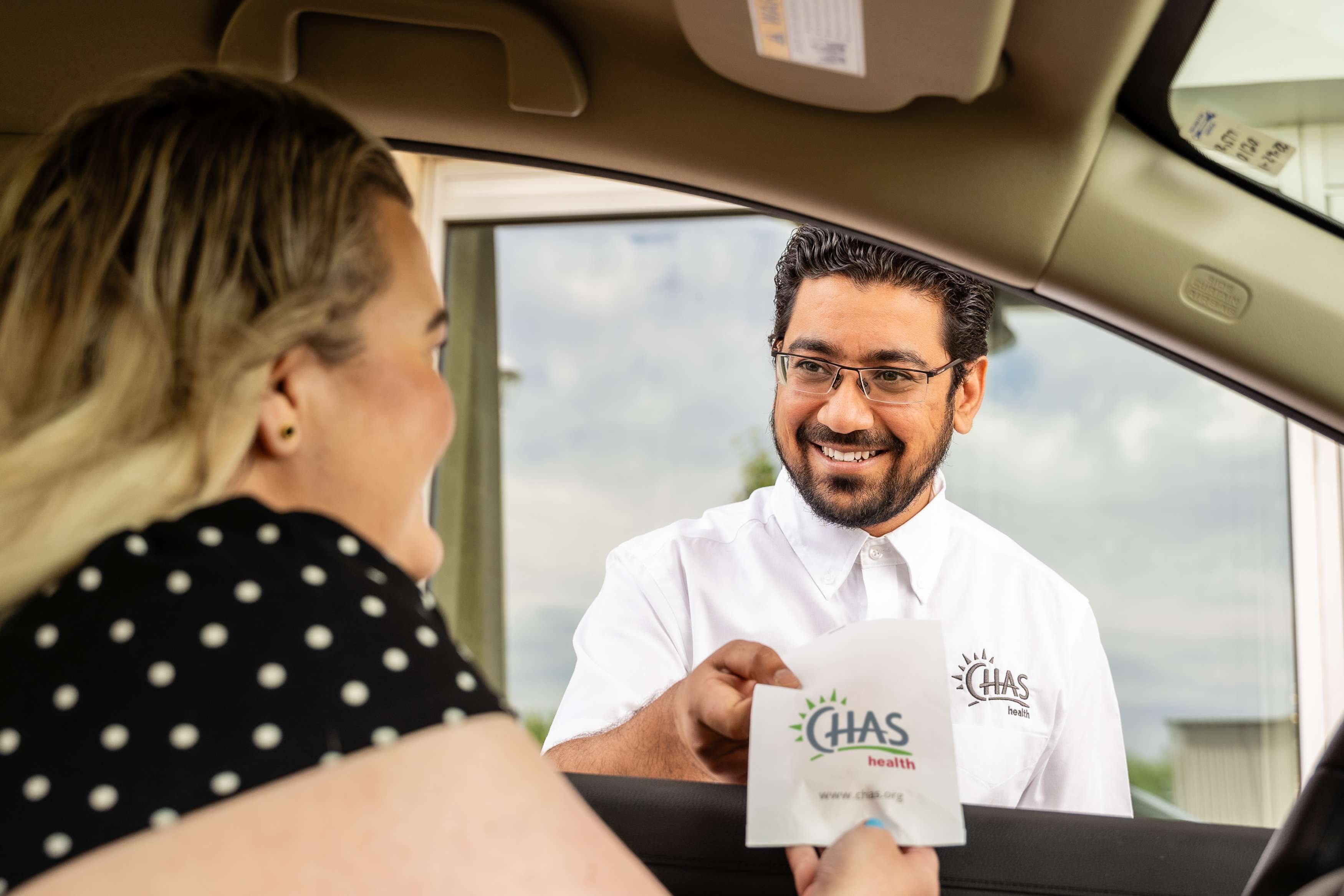
The good news is that we have seen what happens when local clinics are equipped and strengthened: healthcare becomes accessible and lives are improved. In addition to grants for organizations supporting those facing specific diseases such as cancer or anemia, much of our grantmaking work in this sector goes toward strengthening nonprofit clinics and hospitals closest to the communities who historically have not had access.
Mental Health #
It’s not just our bodies that need care. As research has shown increasingly in recent years, it takes as much, if not more, to care for our mental and emotional wellbeing. As people who are formed and healed in relationships, it also often takes a community to help us care for ourselves. That is why we support nonprofit organizations who provide individuals and communities with the tools, education, and treatment needed to thrive mentally and emotionally. We provide grants to nonprofits that ensure mental healthcare access where it is currently limited, increase early intervention and prevention, identify and address root causes, and promote the normalization of mental health services for all.
Supporting Those with Disabilities #
As we work toward a vision where every individual is supported in their efforts to thrive, we recognize that some who experience physical disabilities, intellectual and developmental differences, neurodivergence, or learning difference experience barriers in their schools or workplaces. To that end, we provide grants to nonprofits that enrich quality of life through self-advocacy, independence, and inclusion. We support solutions that address the social isolation and economic barriers that disproportionately impact people experiencing disabilities and differences. When we create space for the gifts and talents of all members of society, we strengthen our region for everyone.
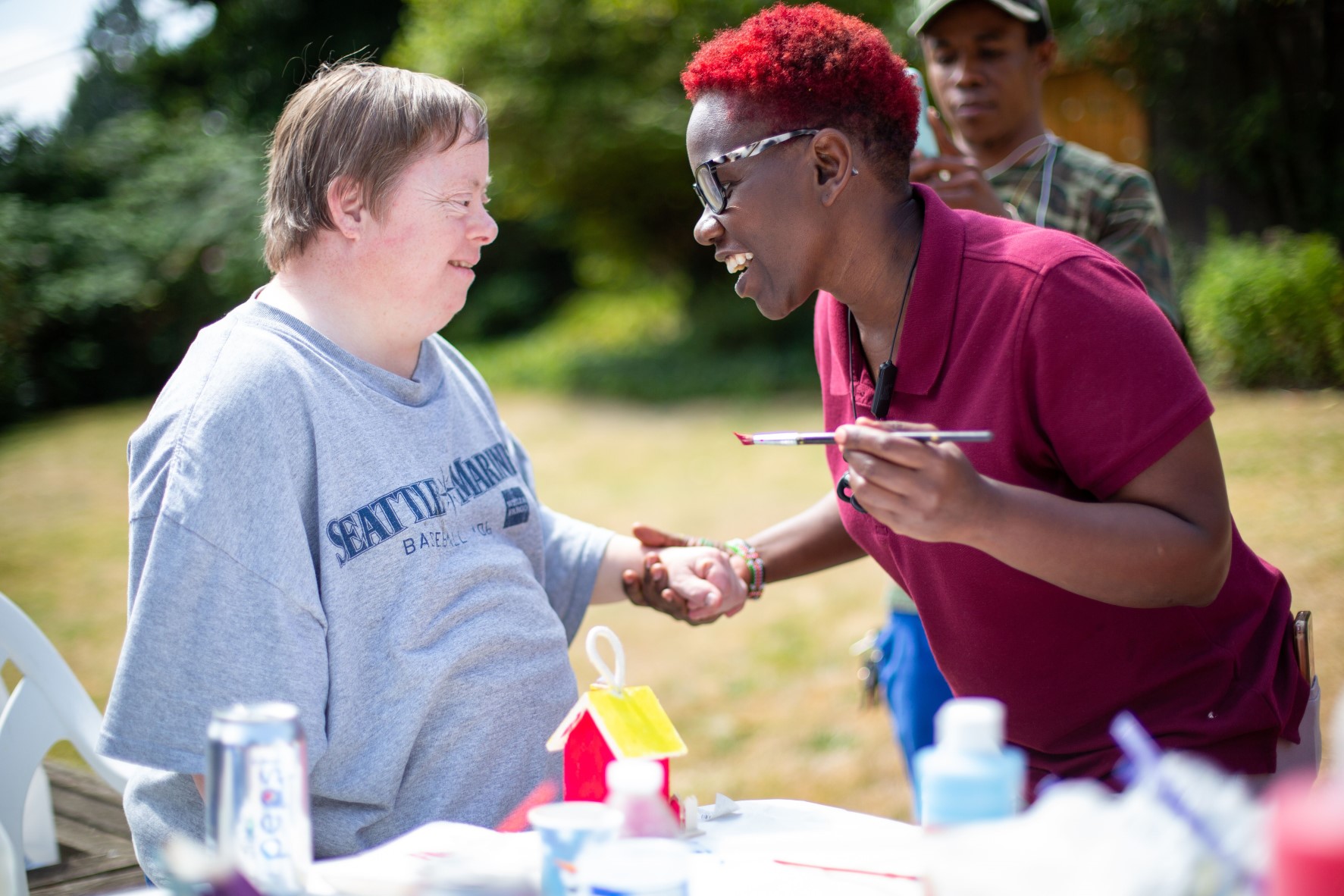
Environmental Stewardship #
As Jack Murdock knew and as research shows, our health is inextricably tied to our environment. The air we breathe determines the health of our lungs. The water we drink dictates many of our body’s functions. Access to green spaces is associated with greater mental well-being and lower risk of mental health challenges. If we are to be healthy people, we have to live on healthy lands.
And for there to be healthy lands, we must engage in collaborative conservation and stewardship work that serves whole regions and supports whole ecosystems. We support grants that work in conservation, environmental education, natural resource protection, and wildlife preservation. We value projects that convene communities, gathering farmers, ranchers, researchers, Tribes, and others in coordinated natural resource stewardship efforts. In all this work, we prioritize partnership with local voices – those who are most affected by the health of their land – as we work to advance solutions that honor the natural world and the people who inhabit it.
Looking Ahead & Working Together #
Ultimately, healthcare, mental health, support for those with disabilities and differences, and environmental stewardship are four interconnected aspects of wellbeing. They are also deeply connected to the other sectors we serve. Health outcomes are affected by epigenetics that our region’s best scientists are researching. Creating a workforce that prizes those of all abilities is often a goal of community development nonprofits. Environmental education is often best done in concert with museums, zoos, gardens, and other informal educational contexts. As we deepen our investment in Health & Environmental Stewardship, we strengthen our work in the entire region, and every sector benefits.
After all, we are only our best as a region when every one of us is given their best chance to thrive. Thank you to each nonprofit who joins us in this work toward a bright future of healthy people and healthy lands.
Learn more about the Health & Environmental Stewardship sector here.

